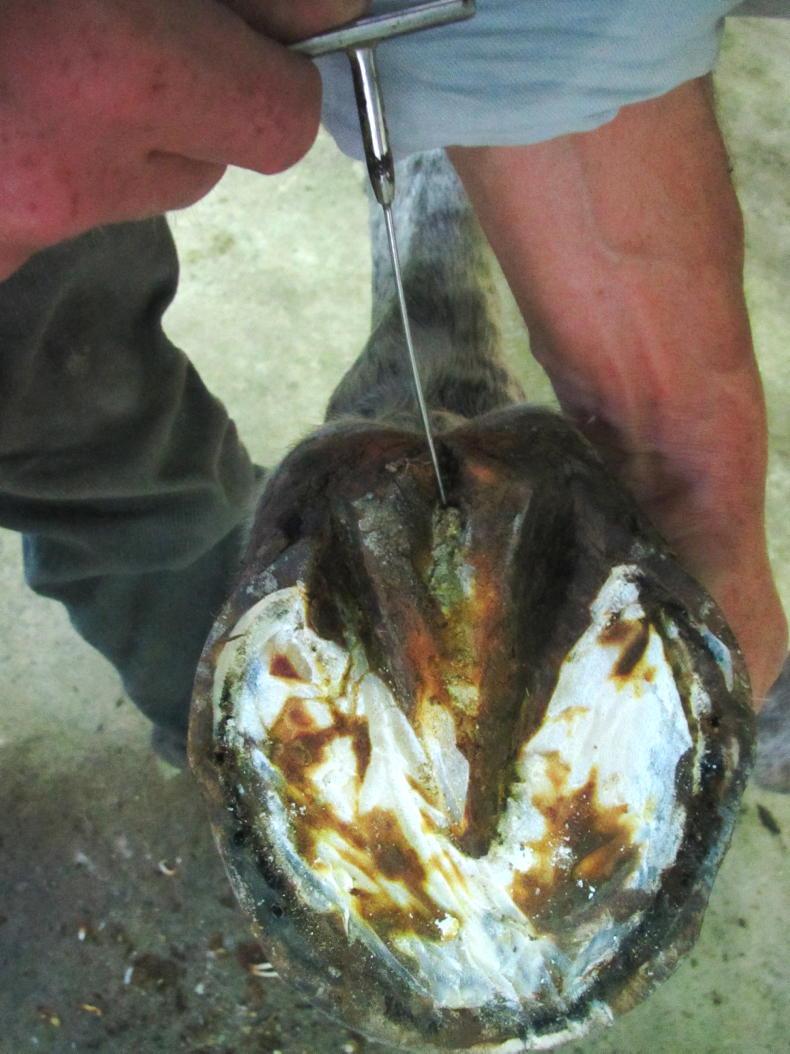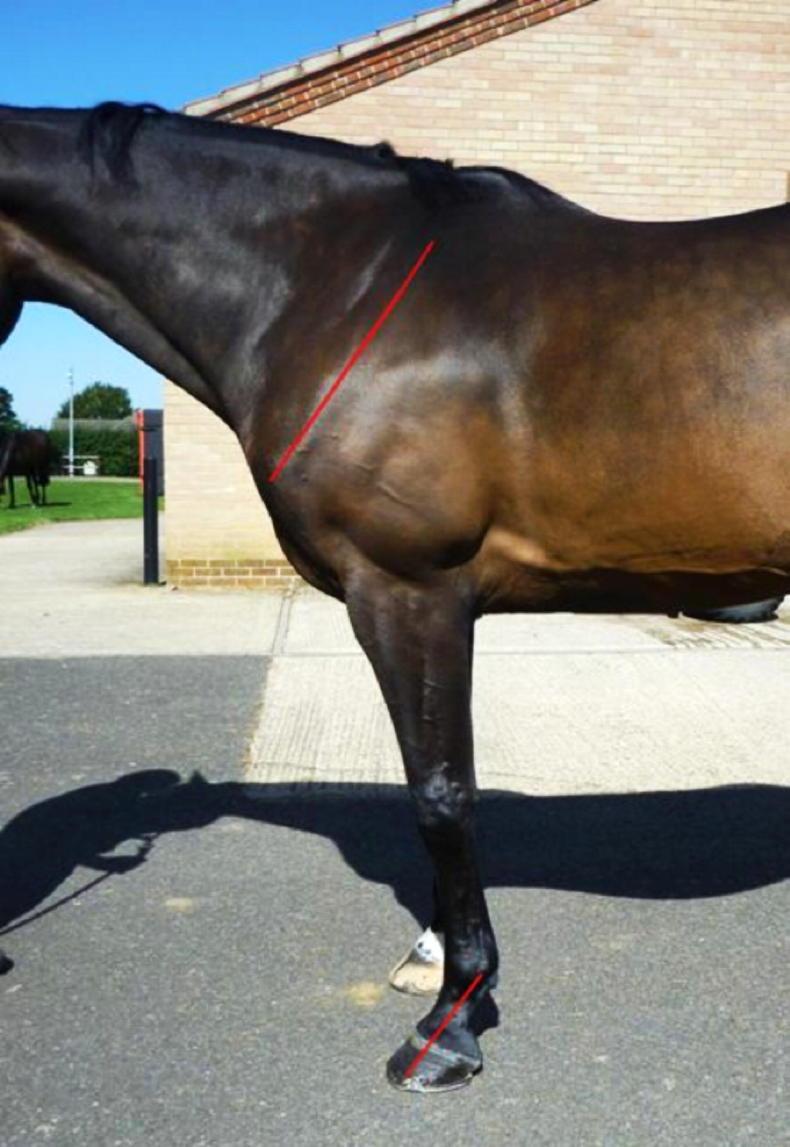NUTRITION has a huge impact on feet and soundness. Changes in hoof growth and or quality can take three to six months to be apparent. Therefore, changes in diet can take a long time to be seen in hoof quality.
Remember, what you feed the horse during the summer months affects the hoof quality in winter months. Therefore, plan to ensure the nutrition is in place for the times of the year which are more difficult for the horse’s feet such as the winter.
Poor hoof condition is common in all types of horses and ponies and can lead to practical problems such as splitting of the hoof and losing shoes as well as foot pain and lameness. In 2013, Jonsson et al reported that the heritability of hoof “health” was low, implying that management including nutrition plays a larger role in hoof health.
Therefore, good hoof care management and nutrition are important in soundness. In horses where you are concerned about hoof quality and growth there is a good scientific evidence that Biotin (specifically D-Biotin) can improve this.
Other specific issues to be considered include:
Dr Esther Skelly-Smith BVM BVS MRCVS


 This is a subscriber-only article
This is a subscriber-only article
 It looks like you're browsing in private mode
It looks like you're browsing in private mode









SHARING OPTIONS: